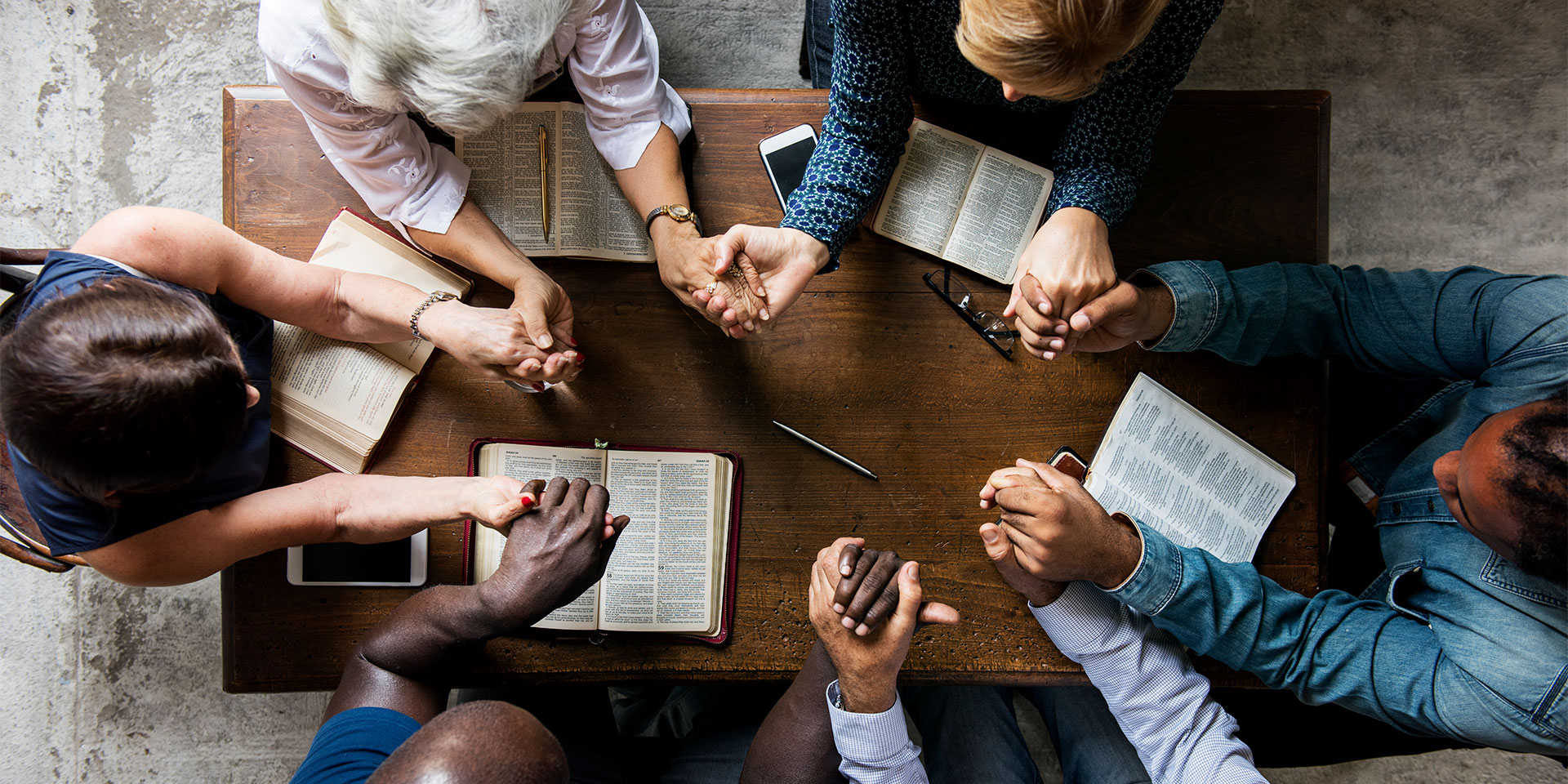“Go instead to my brothers and tell them, ‘I am ascending to my Father and your Father, to my God and your God’” (John 20:17).
Etymologically, “Philadelphia” comes from the Greek Φιλαδέλφεια and means “brotherly love”. It is also the name of the only church of the seven from the book of Revelation for which Jesus Christ has no reproach but only words of praise and encouragement. Philadelphia is also a notion of Christian theology and also expresses a cardinal Christian value: Christians are not Christians without brotherly love.
When I first heard this explanation many years ago, I was worried. Not only did I know that my love for my sister was not great, but I also remembered the types of “loves” between brothers and sisters in childhood fairy tales, in history and mythology, in novels and proverbs, and then those in real life… From Cinderella to Romulus and Remus, from the Karamazov brothers to the Gheorghe brothers, my neighbours, all I could see were disasters.
I thought that whatever was said, brotherly love is not really extraordinary; let alone a love for strangers, whom we should love as brothers.
How could this love reach such a high Christian standard? I once again faced a problem of know-how. It was all nice and well, but HOW could we love our fellow man with a truly Christian love?
Another concern was the biblical command to love our neighbour as ourselves (Mark 12:31). I had always felt that I didn’t care much for myself either. Where would the motivation and strength to care for my neighbour come from? I thought that the fact that we do not receive more love than we give should not affect us either. Who and under what criteria can weigh and determine how much they deserve from those close to them? And how would they claim, with dissatisfaction, more than they receive? Pathetic…or narcissistic. And to receive it from strangers—what a strange expectation!
Contemplating my helplessness and suspecting that I was the worst in the “Philadelphia chapter” out of all my acquaintances, I eventually tried to respect at least the negative requirements: not to be a “stumbling block” for others, not to seek revenge, not to give in to envy, jealousy, to refrain from gossip, etc. However, that plenary ideal of the Christian experience was far away…
The Way of the Book
Initially, the way I got to know the person of Jesus was through reading the New Testament. I began to understand His messages in context, to interconnect them semantically and axiologically, and to have revelations of the mind, rather than of the soul. I realised that the Logos is both a Revealed Word and an Incarnate Word, with each hypostasis implying the other and that a testament concerns the death of its author. I understood that the only one who is justified in mediating our relationship with the Father is the One who died in our place (John 14:6; 1 Timothy 2:5).
I then began to perceive something of the incomprehensible greatness of His love, studying Old Testament texts that enhanced the New Testament, especially through the fulfilled Messianic prophecies. I realised the miracle that the same God who said, “These people come near to me with their mouth and honour me with their lips, but their hearts are far from me” was the One who reminded these words to the contemporaries of the Pharisees and scholars (Isaiah 29:13; Mark 7:6).
I realised that the incarnate Son was fulfilling what He had promised in the early days: “I will give you a new heart and put a new spirit in you; I will remove from you your heart of stone and give you a heart of flesh” (Ezekiel 36:26). It was the opposite of those cruel pagan practices that required the priest to remove the heart of flesh from the victim’s chest and replace it with a stone.
The sacrifice of the Son at Golgotha also represented God’s response to the millennial idolatrous practices of people sacrificing their children to various pagan deities. And the test of Abraham’s faith on Mount Moriah was meant to convey to us the following: “This supreme sorrow and rupture between the Father and the Son is not required of you humans, but will be the payment for your sin, that you may have the chance of immortality, only by believing”.
The way of the heart
The biblical text that penetrated my soul and with which I fully resonated, making me feel alive, was the Bible’s shortest sentence: “Jesus wept” (John 11:35). Its tragedy is infinite, precisely because the Redeemer, who has the power to lay down His life for the sinner and to take it again, is Himself overwhelmed by the consequence of sin in the world: by the death and grief in the world of humans; by its imprint on all, which disappear one by one, as if they had never existed.
That is why this very human reaction is reminiscent of God’s loving plea from the days of old: “‘As surely as I live, declares the Sovereign Lord, I take no pleasure in the death of the wicked, but rather that they turn from their ways and live. Turn! Turn from your evil ways! Why will you die, people of Israel?’” (Ezekiel 33:11).
I thus realised, with my mind and soul, that His love for us is the same, immense and inexplicable, but real!
He loved us so much, to the point of the ultimate sacrifice, so that He would see each of us saved. Jesus promised to draw all people to Himself when He ascended to heaven, and He does so to this day with the “ties of love” (John 12:32; Hosea 11:4).
Therefore, the commandment, “Love each other as I have loved you” (John 15:12) was the key to our soul power. It is not with our earthly, limited, fragile, capricious love, but only with His divine love in our chests that we can treat one another justly: with full appreciation for what we are in His eyes. We are also told that we are “the apple of his eye” (Zechariah 2:8).
Only His brotherly love in us, if we ask for it in prayer and cultivate it, transforms us into Christian beings, community, and family. It brings us closer to each other with humility, warmth and kindness, with solidarity and appreciation, without hierarchies, social barriers, and pride. Only His love reconnects us to the Father and truly humanises us, being the highest feeling we can experience. Otherwise, we would remain incomplete and barren, in a world that would feel like a huge orphanage, in which we’re fighting for supremacy or survival.
The love of the model human being
Humanisation is a long process of updating and refining the potential of being a full human being, a process that may or may not take place, may or may not be finished, over a lifetime. It connects with that of (self) education, socialisation, and enculturation, but may be deficient in relation to them. It may happen that an individual is educated, socialised, and integrated in the community, but is not humanised, in a moral and spiritual sense.
Humanisation presupposes the manifestation of that dimension of the relationship with transcendence which gives the highest measure of human nature. Without it, even if we were trained in and prospered in everything, we would not be able to evolve as humans. This is the only concern that is worth facing, which should lead us to ask like the psalmist of old: “Create in me a pure heart, O God, and renew a steadfast spirit within me!” (Psalm 51:10).
Philadelphia is a realm of divine origin, present in the hearts of some, here, to give us a scent of Heaven.
It is similar to those human creations, utopias, which depicted ideal worlds—being, in fact, the projection into the worldly realities of the high humanity of their creators: Thomas Morus, Tommaso Campanella, Francis Bacon. It is the kingdom that Jesus Christ promised to establish in our hearts, first, then to establish it on earth. It is the heavenly citizenship spoken of by the apostle Paul, one of its honorary citizens. Let us dream of ourselves being there too, in Philadelphia, sharing that “eternal love” that God has for us!



















